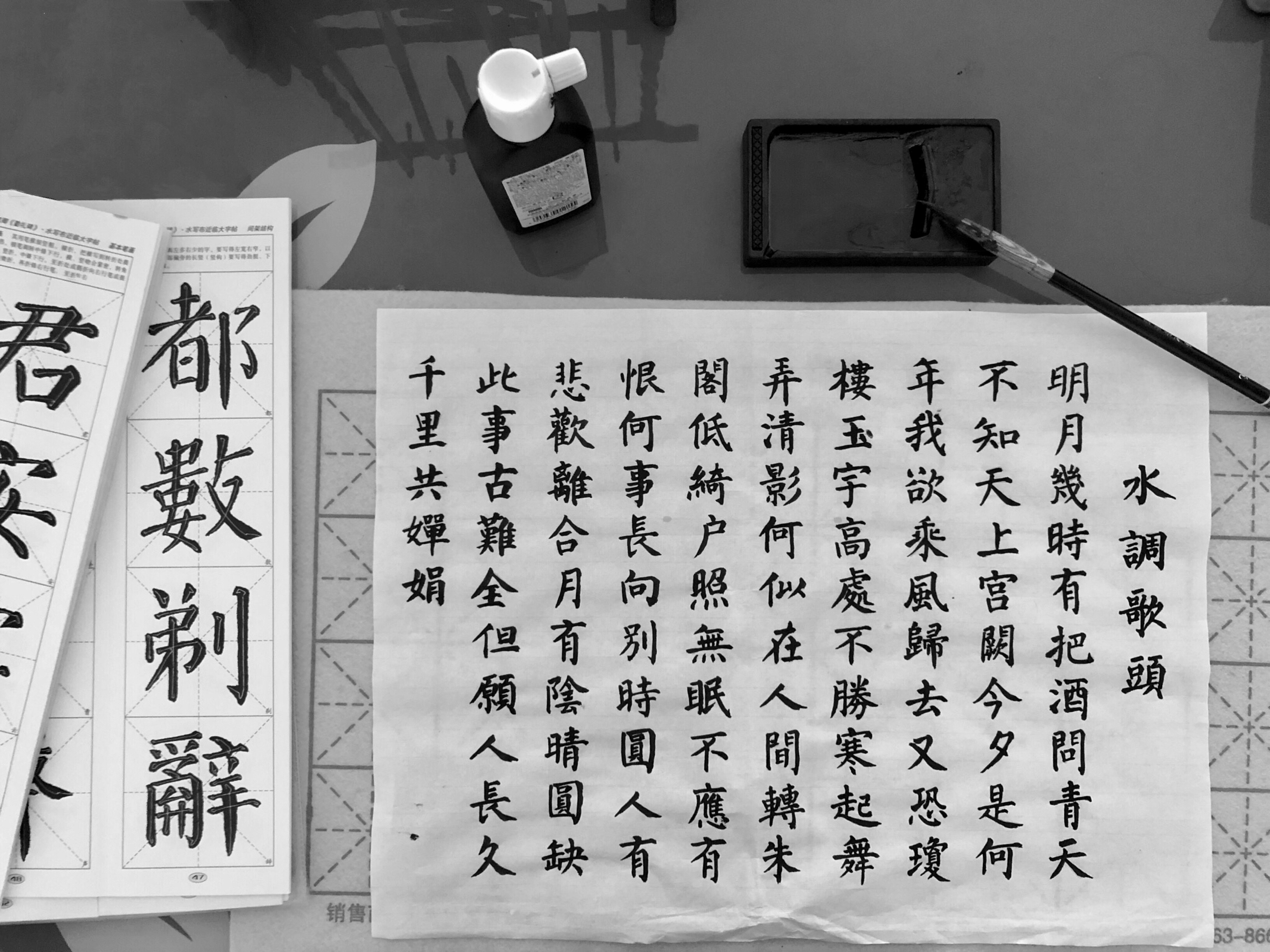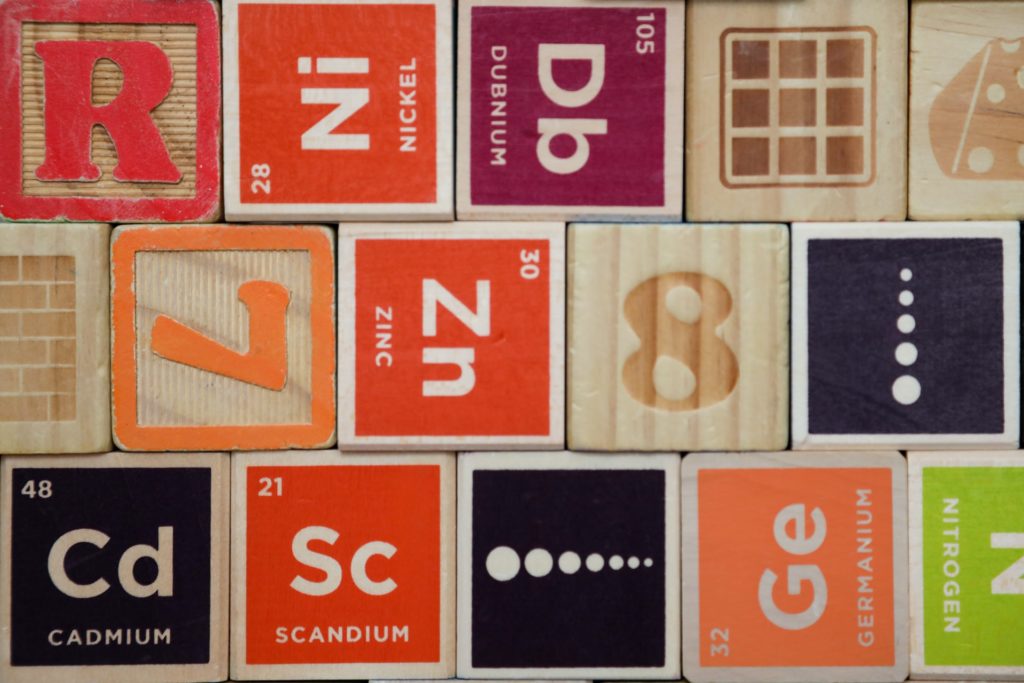Numerology provides a way of finding answers to the big questions in life by looking at the relationships between our existence and the patterns inherent in the numbers that surround us. Numerologists believe in a mystical, even divine, relationship between numbers and the world. They seek to ascertain the numerical value of letters in words. Numerologists believe that names and ideas have associated numbers that can be determined and then given meaning to through ascertaining certain patterns.
Many people place numerology in a similar category to astrology. It has roots ranging as far back as 4000 BCE with the ancient Babylonian culture. The number meanings in numerology have been studied by Egyptian, Chinese and Hindu civilizations.
The Five Elements

In the practice of Chinese Astrology, there are five elements that bear significance: water, metal, earth, fire and wood. All of these can be both destructive or productive in their cycles. The destructive cycle is the process of wood drawing upon the earth’s resources, the earth going on to spoil the water, which then extinguishes the fire, the heat of which smelts metal, which becomes a blade that destroys wood. The productive cycle is the burning of wood to make fire, the ashes of which become the earth, from which metal is created, which then liquifies and becomes like water, which in turn helps the wood grow.
Additionally, each of these elements has a specific number or numbers in numerology. The prominence and absence of these numbers, just as in other numerology charts, has significance.
Practitioners will seek to find meaning in these numbers in most of their surroundings. This could be their furniture, conversations or gifts from other people. So, if you were to give a money tree gift, the meaning behind such a gift to a numerologist goes deeper and is more complex and numerical than it may seem to a layperson. The concepts of money and the wood of the tree may have a significance and bearing on one’s personal numerology and meaning in the physical world.
As numerology spread across the centuries and cultures, variations in the practice of numerology arose and a number of systems developed. Here are a few of the main systems of finding the meaning of numbers.
The Chaldean System
The Chaldeans ruled Babylonia between 625 and 539 B.C.E. and used their system of numerology to recognize energy alterations in speech patterns. Since we have a variation to our voices, they believe that the vibrations and differences affect the world around them in numerous ways. The numbers one through eight are used in Chaldean numerology because the number nine is associated with infinity and is therefore considered sacred.
Pythagorean System

Also known as Western numerology, this system is based on the teaching of Pythagoras. He was fascinated with numbers and found relationships between the world around him to them. For example, Pythagoras found that musical notes and pitches had mathematical connotations. This exploration eventually led to him creating his numerology system using the numerals one through nine.
Chinese System

Eastern numerology tends to have a different set of meanings associated with their numbers. While the number nine is sacred in the Babylonian system (and generally viewed as special in many the eyes of many numerologists), the Chinese understanding of numerical value finds even numbers to be lucky.
How It Works
So, how do you put all of this into practice? First, you would need to determine the system through which you are going to analyze an object. Next, you would need to break apart the item you are analyzing using this system. If it were a money tree, you would break the word down to M-O-N-E-Y-T-R-E-E. You would then look at the chart (system) and give a number for each corresponding letter. For example, E=5 in Pythagorean Numerology, and the total of money tree when assigned accordingly would equal 46 when you added all of the numbers up. You would then add the 4+6 to get 10 and the 1+0 to get 1. You want to always bring the numbers down to a single digit.
If you have an affinity for numbers and meaning, numerology might just be your thing.























